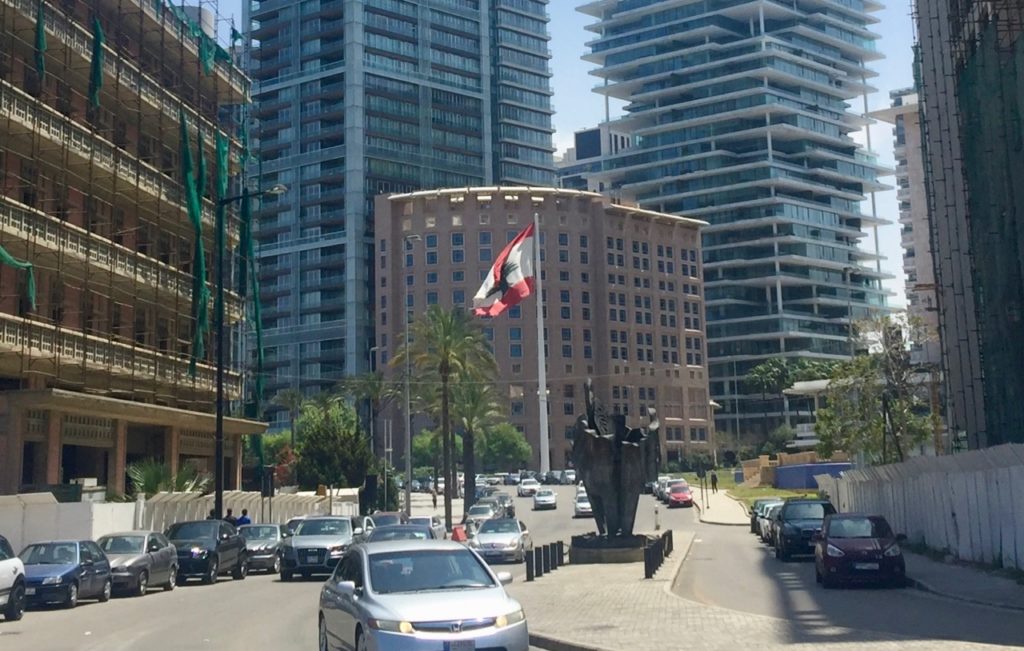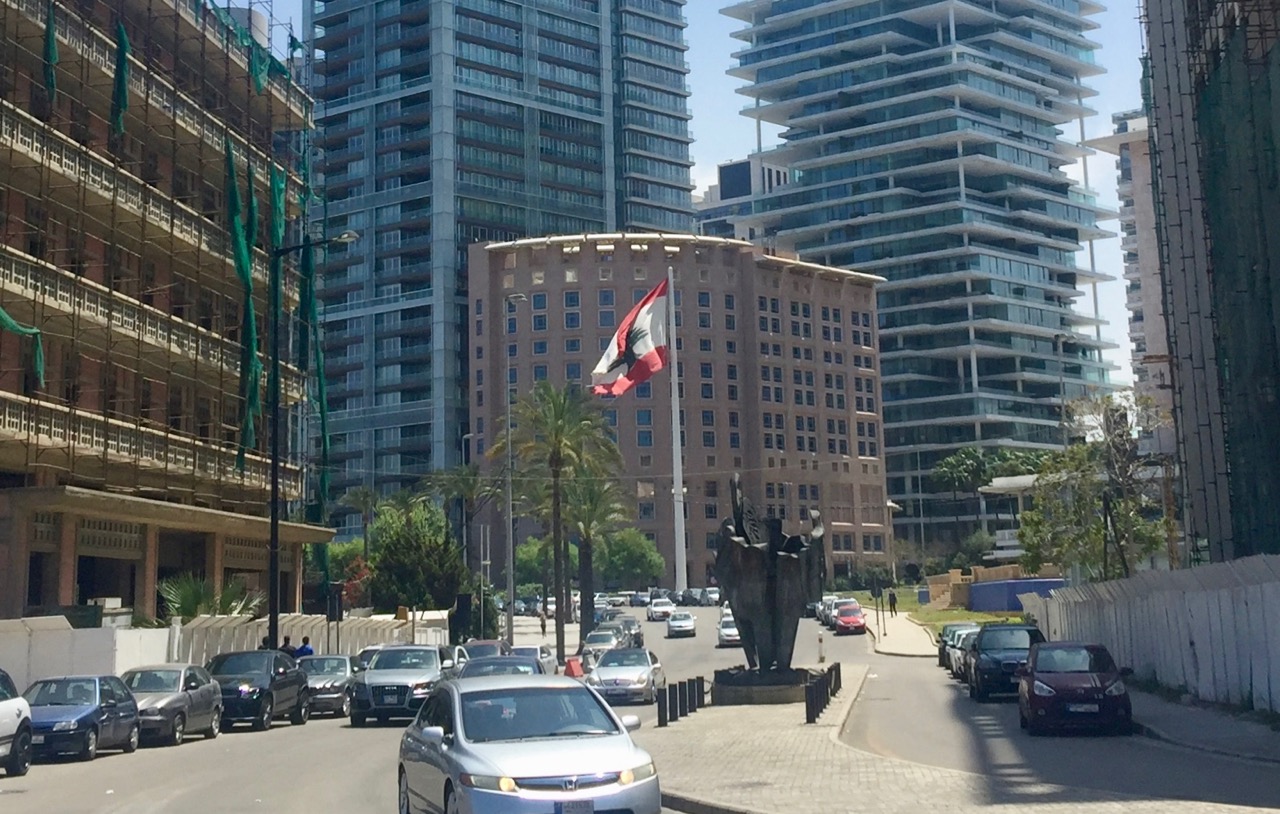All That Is Left
A Lenten Reflection from the Middle East
It is Monday, the first day of Lent in the churches of the East, and here in Beirut it is a dreary and drizzly day. Early this morning, as our taxi made its way through various neighborhoods, traversing one end of the city to the other, clutches of people emerged from the various churches, dressed for work but with a telltale cross on their foreheads, remnants of today’s worship and last year’s palm and olive branches. They are bearing a reminder that what once was green and verdant life is now a blackened sign, a simple advertisement of an approaching and inevitable sorrow.
For the Western Church Lent begins on a Wednesday, but this year being February 14, the solemn reflection of Ash Wednesday will likely be traded for the frivolity of Valentine’s Day. Yet for many Lebanese, Christians and Muslims alike, it will be a day replete with fearful memories of the explosion that day in 2005 that killed the former Prime Minister, Rafiq Hariri, and 21 other people. Thirteen years later the investigation has still not reached a conclusion, and many doubt it ever will. All that is left are the ashes of the hopes that they dared to have thirteen years ago, hopes that were incubating for the prior 15 years, from the end of the Lebanese Civil War until that sorrowful day, hopes yet to be realized for the emergence of a stable society for the sake of their children and themselves.
So much of the Middle East is flame and ashes; one could claim that it is always a “Lent” of some sort here. Sorrow follows calamity, and calamity follows sorrow, repeated ad infinitum. Destructive wars, rather than coming to a conclusion, have merely entered new chapters, and their flames are fanned by powers outside their control. Walls and barbed wire increase by the day from the south and the north. The symbol of an olive branch is used to describe yet another military incursion. Christians continue to steadily leak out of their ancient homelands, saving their lives yet forsaking an essential part of who they are. The flames may pass, but the mound of ashes remains formidable.
But even ashes can be a testimony, to fellow Christians and to the world. For those in Christ, when all that we can see is ashes, when joy lies expired on the ground, when all we know is pain and loss, we can carry on, trusting and obeying the One who carried the cross, bearing our sins and sorrows, yet emerging from the ashes in victory. Our eyes must stay on that obedient One, who will lift us up and give us a reason to dance instead of mourn, who will remove our sackcloth and clothe us with joy (Psalm 30.11). For that fulfillment we patiently await in hope.
Rev. Nishan Bakalian is serving the Union of Armenian Evangelical Churches in the Near East (UAECNE) as communications, worship, and leadership training coordinator. His appointment is made possible by your gifts to Disciples’ Mission Fund, Our Churches Wider Mission, and your special gifts.


